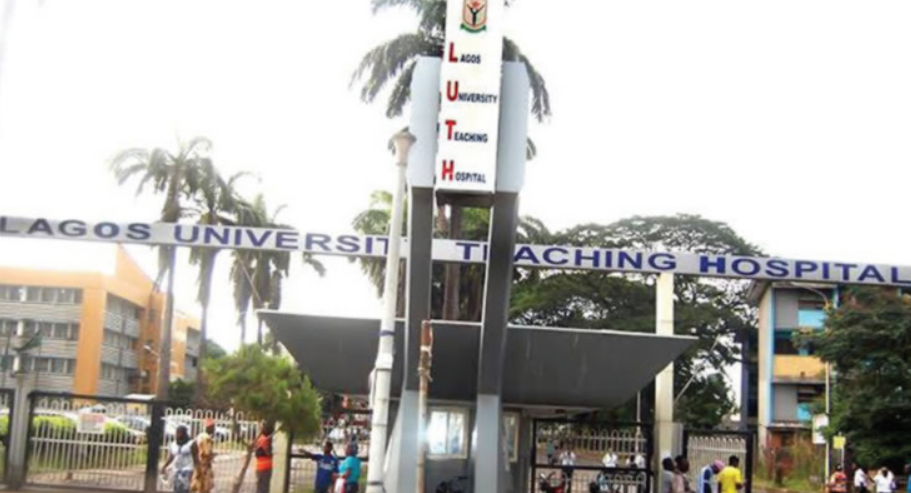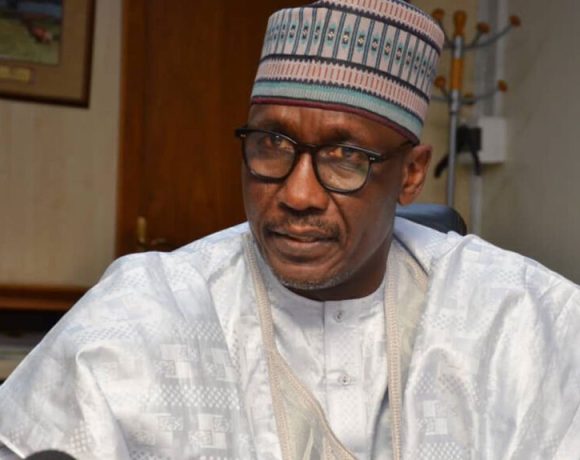Advancing Nigeria’s Health Sector Lessons from the Sickle Cell Breakthrough

Lagos University Teaching Hospital – ARDnig
The recent sickle cell breakthrough at LUTH demonstrates the potential of Nigeria’s health sector but highlights persistent challenges, including funding gaps and inadequate healthcare infrastructure. Addressing these requires increased investment, reforms, and learning from global models like Cuba. Active participation from governments, NGOs, and individuals is key to ensuring accessible and effective healthcare for all Nigerians.
A Step Forward in Sickle Cell Treatment
The Lagos University Teaching Hospital (LUTH) has achieved a remarkable milestone in the fight against sickle cell disease (SCD). Collaborating with the Sickle Cell Foundation of Nigeria (SCFN), the hospital successfully performed bone marrow transplants on two patients, marking the first such accomplishment in West Africa. This development offers hope to over 150,000 Nigerian babies born annually with SCD, a disease that claims thousands of lives before their fifth birthday. Despite the achievement, challenges remain, particularly the high cost of treatment, which underscores the need for collective support from governments, NGOs, and philanthropists.
Nigeria’s Health Challenges in Focus
Nigeria faces multiple health crises, from the scourge of SCD to malaria and non-communicable diseases like diabetes. Malaria alone accounts for 189,321 deaths annually, making Nigeria the global leader in malaria fatalities. The situation is exacerbated by low wages, inflation, and poor access to nutritious food. Compounding these challenges is the inadequate funding for healthcare, with only 4.6% of the national budget allocated to the sector in 2024, far below the 15% recommended by the Abuja Declaration.
The Urgent Need for Health Sector Reform
To address these challenges, the government must prioritize healthcare. This includes significantly increasing budgetary allocations to revive hospitals, attract skilled medical professionals, and invest in modern technologies like telemedicine. Additionally, there should be a focus on improving primary healthcare systems and ensuring that health centres are accessible, especially in underserved communities. Preventive health campaigns must also be intensified to reduce the burden of preventable diseases.
A healthier Nigeria begins with collective action and a commitment to better healthcare for all.
Learning from Global Success Stories
Cuba, recognized by the WHO for its exemplary health system, offers valuable lessons for Nigeria. Its focus on preventive healthcare, accessible medical services, and robust medical research has positioned the country as a model in global healthcare. Nigeria can adopt similar strategies by funding research institutions, improving medical training, and building a healthcare system that prioritizes the well-being of all citizens.
Empowering Citizens for Better Health
Ultimately, a healthier Nigeria requires active participation from all stakeholders, including individuals. Nigerians must embrace healthy lifestyles, support health initiatives, and advocate for better healthcare policies. The sickle cell breakthrough at LUTH is a reminder that progress is possible, but sustained effort and collaboration are essential to create lasting change.
Conclusion
The success at LUTH is a beacon of hope for Nigeria’s healthcare system, but it also reveals the urgent need for reforms. By prioritizing funding, embracing global best practices, and empoering citizens, Nigeria can transform its health sector and improve the lives of millions.










